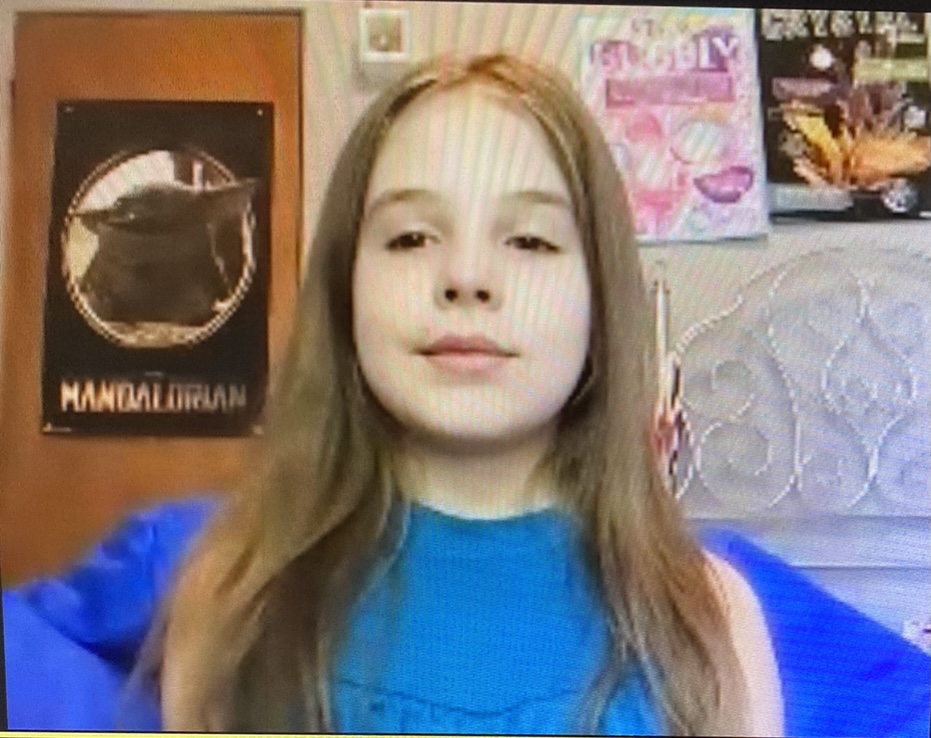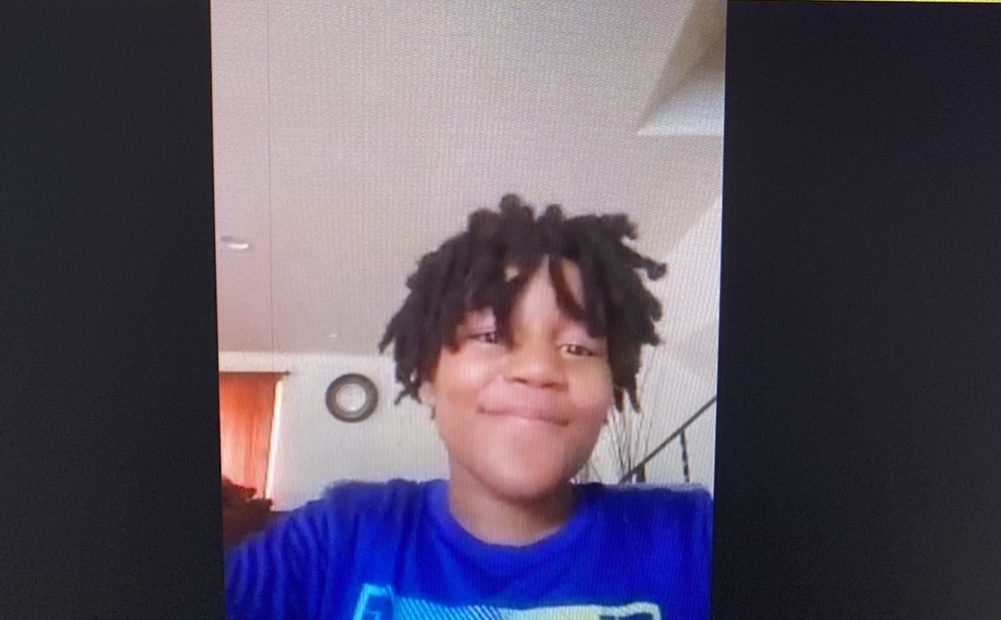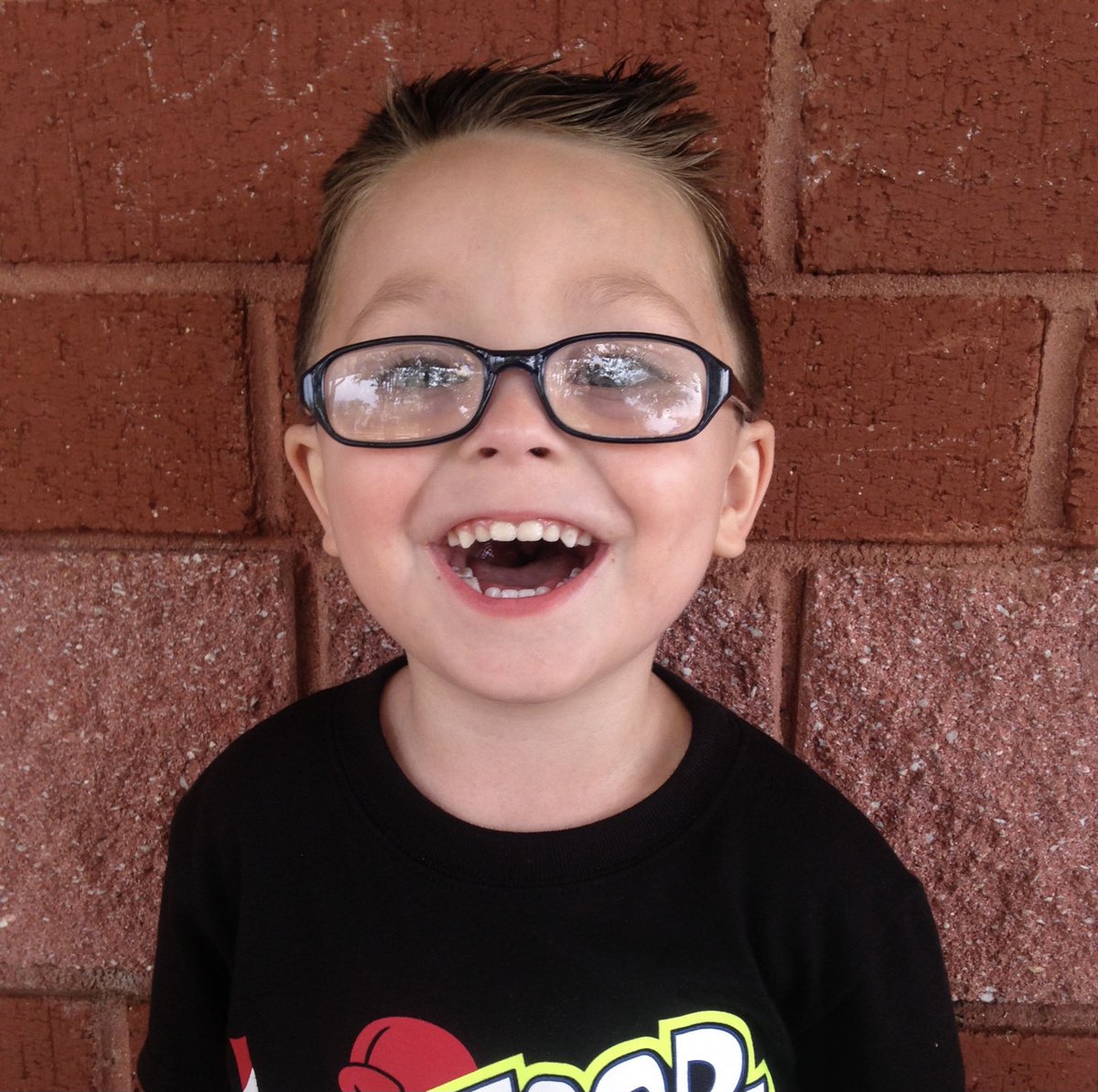
Getting some angry emails about my new book from gun owners who assume that any coverage of gun violence — even when focused on how to spare kids from it — is, intrinsically, an attempt to take their firearms away. It’s a notion pushed by gun lobbyists. It's also a lie. (thread)
First, to debunk some myths they keep sending:
"It's the person, not the gun": Nope. Americans aren't uniquely evil. Exorbitantly more people are killed by guns here because we have exorbitantly more guns—as many as 400 million—and laws that are less effective at regulating them.
"It's the person, not the gun": Nope. Americans aren't uniquely evil. Exorbitantly more people are killed by guns here because we have exorbitantly more guns—as many as 400 million—and laws that are less effective at regulating them.
"Gun laws never stop criminals from getting guns": Universal background checks would, among many things, upend black markets. If gun laws make no difference, why do traffickers travel hundreds of miles to states with weak laws to buy guns to sell in states with strong laws?
"You can't count suicides. People will kill themselves whether they have a gun or not": Overwhelming evidence that this is false, including this astonishing discovery about kids and suicide (pulled from chapter 4 of CHILDREN UNDER FIRE) — 

"If you educate kids about guns, they won't make bad decisions with them": This is a fatal misconception that has cost thousands of children their lives. Here's what a doctor told me about a time she had to comfort the parents of a boy who'd shot himself with a rifle. 

"Gun laws deprive me of my freedom": The most obvious way to protect children TODAY — mandating that people lock up their guns so kids can't get access to them — would save thousands of lives and do *nothing* to deprive responsible gun owners from buying and keeping weapons.
But here's the twist: When you engage the angry emailer in conversation, you often learn that they actually support many common-sense solutions: background checks, child access laws, even licensing in some cases. It's made me think of what @ChrisMurphyCT told me for the book — 

Which leads to one of the biggest myths of all: that most gun owners oppose reform. It's not true. The vast majority say they support change. It's the gun lobby that doesn't, and that opposition has consistently led the Senate to vote no, ignoring the will of their constituents. 

The truth is, Americans aren't as divided on gun reform as people think — it's Congress that's divided. I get more much into all this, and what it means for our kids and their future, in the book. But here's the point: progress is not unattainable. (/end)
harpercollins.com/products/child…
harpercollins.com/products/child…
• • •
Missing some Tweet in this thread? You can try to
force a refresh







